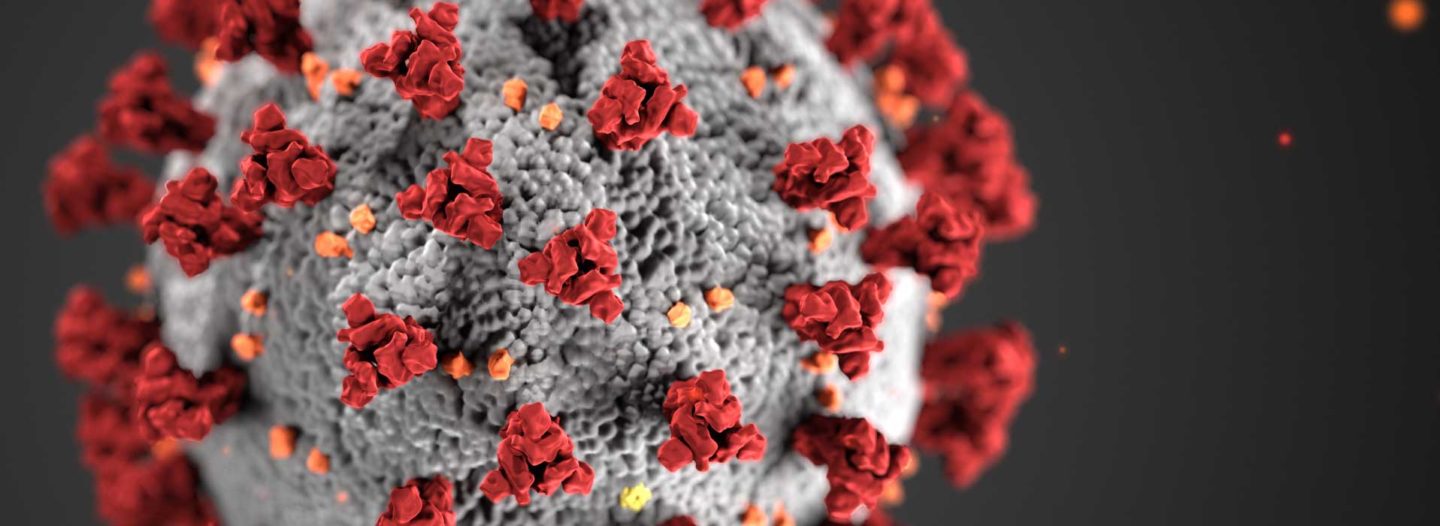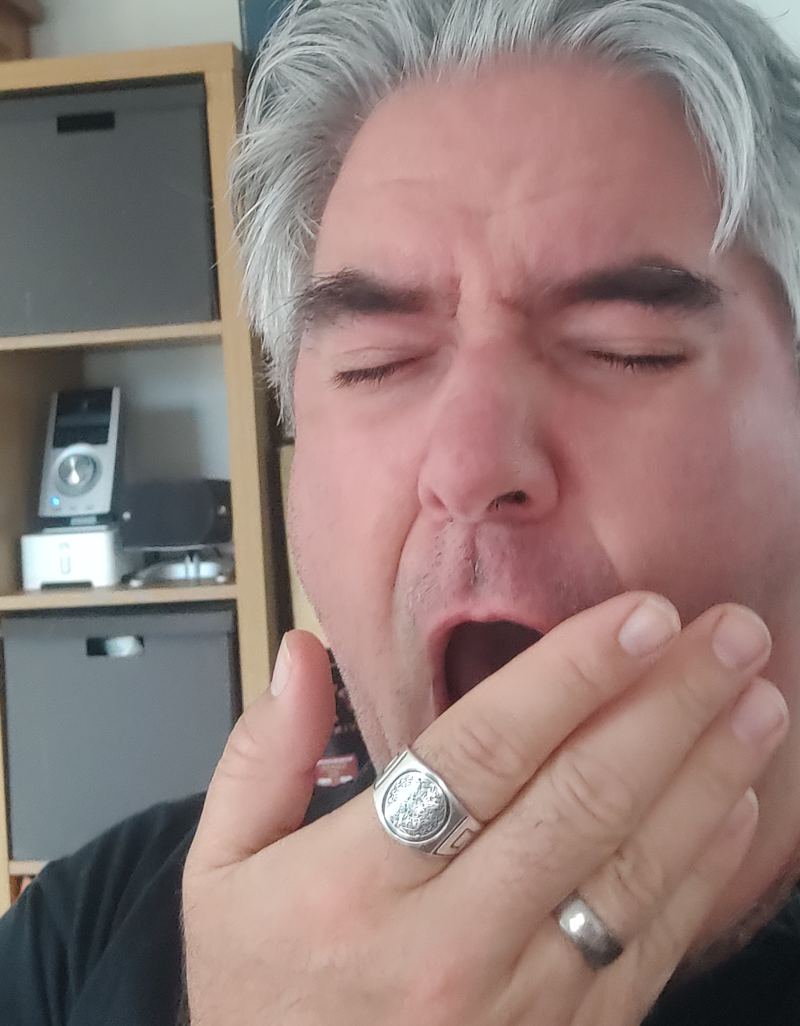While I don’t profess to being an information source of any great insight or credibility, I thought it might be useful to collect a few links that I found particularly informative regarding the current crisis gripping the globe.
 | The science of soap – here’s how it kills the coronavirus Pall Thordarson / The Guardian An explanation by a UNSW chemistry professor on why handwashing with soap is particularly effective against the virus. |
 | Why outbreaks like coronavirus spread exponentially, and how to “flatten the curve” Harry Stevens / Washington Post An explanation about what “flattening the curve is”, along with some infographical simulations showing the effect social distancing/isolation have on containing an outbreak – versus using a lockdown. |
 | The Coronavirus Explained & What You Should Do Kurzgesagt Concise & clear educational piece on the Coronavirus. |
 | How the Coronavirus Could Take Over Your Body (Before You Ever Feel It) Jeff Wise / NYMag A useful first-person hypothetical illustration of the mechanics & situation and contamination, and certainly got me thinking about what “social distancing” and “essential contact” meant. |
 | ABC Science Infographics ABC Science/Facebook I’m not sure if there’s a better feed to get hold of these, but the ABC Science team (Australian Broadcasting Corporation) have been producing some clear factual infographics about handwashing, stockpiling, and matters of the moment. They also have plenty of more detailed Australia-centric but generally relevant content at https://www.abc.net.au/news/story-streams/coronavirus/ |
 | Snopes Coronavirus Collection Always a useful first-stop to check the veracity of things you’ve read on the internet – the Snopes team research and find sources for information that’s passed around in the popular consciousness, and provide a useful starting point to whether it’s worth looking into further or ignoring. |
 | British Medical Journal Covid-19 Resources The BMJ is one of the world’s oldest & most respected evidence-based medical journals. Primarily geared at clinicians and researchers, there is a lot of useful detailed information in here. |
And here’s a couple of relevant segments from MythBusters about Sneezes and about Physical Transfer. Not meant to be alarming, but pretty interesting/eye-opening.
Please feel free to point out anything else to me that’s factual and not knee-jerk response or specifically situational.
The text of the post I stuck up on Facebook initially liking to this was as follows:
I’ve seen an email/Facebook post doing the rounds in the last few days and I think it’s important to address it. It typically starts:
—-
“This has just been forwarded to me from a friend at {place that sounds authoritative}this is advice given to hospital staff. Explains the virus and how to prevent the virus. Please share with family , friends and work colleagues.
Internal email for {medical facility} staff:”
—-And then it lists a series of things which prevent infection or destroy the Coronavirus, such as:
– keeping your throat moist
– sunbathing
– drinking hot drinks to kill the virus
– holding your breath to test for infection
and so on.PLEASE please please – before forwarding stuff like this on, apply a little hesitation and consider finding a source for the information. While none of the things in the email are in themselves actively harmful (except the one about gargling bleach, but that seems to have stopped circulating), they’re misleading when applied to the situation we’re currently in.
If any of these things worked conclusively you would not be hearing about them in a forwarded social media message – they’d be broadcast around the world in a hundred languages by governments and medical associations.
Snopes is a really good site for checking on the accuracy of information, and they have researchers investigating COVID-19 claims – more here: https://www.snopes.com/collecti…/new-coronavirus-collection/
If you haven’t heard it before, it’s really simple, and claims to be effective – then please research it before relying on it. There’s (what I understand to be) a really good illustration of how this virus travels at https://nymag.com/…/the-story-of-a-coronavirus-infection.ht…
and to date the best tools we have at our disposal are:– stay at home & avoid contact with people. If you’re only ever with the same people you’re always with, it minimises (to zero) your chances of contracting or transmitting to others.
– if you do need to go out, keep a safe distance (2-3 metres to reduce chance of inhaling airborne droplets)
– if you go out, wash hands thoroughly before eating or touching your face




